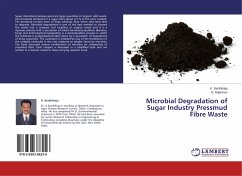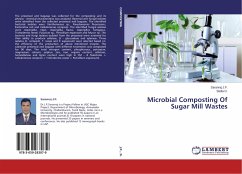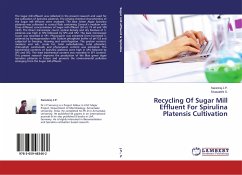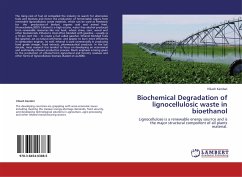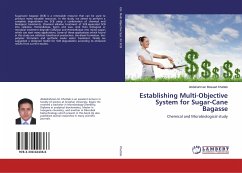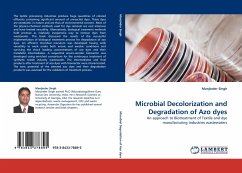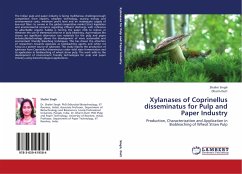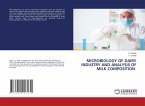Sugar industrial processes generate large quantities of organic solid waste. The pressmud produced in a sugar mill is about 2.5 % of the cane crushed. The pressmud contain more of lingo cellulosic fibre which take long time to degrade. Microbial degradation is one of the best method to convert the waste into a compost and recycling of organic waste and it is a dynamic process with a succession of mixed microbial population (Bacteria, Fungi and Actinomyctes).Composting is a decomposition process in which the substrate is progressively broken down by a succession of populations of living organisms. The succession is initiated by way of the breakdown of the complex molecules in the raw substrate to simpler forms by microbes. The book discussed various combination of microbes on composting of pressmud fibre. Each chapter is discussed in a simplified style and are written in a manner suited to those carrying research work.
Bitte wählen Sie Ihr Anliegen aus.
Rechnungen
Retourenschein anfordern
Bestellstatus
Storno

